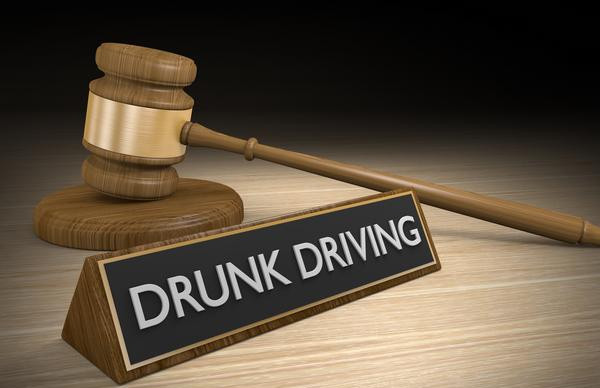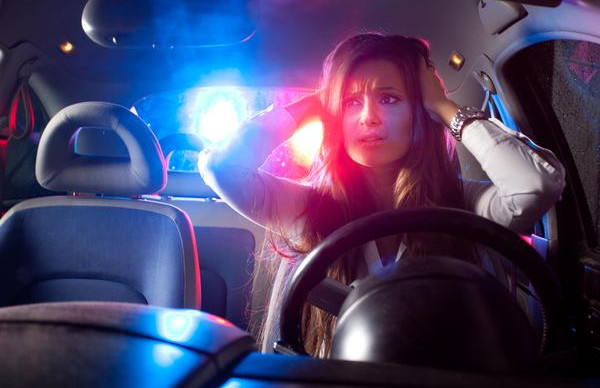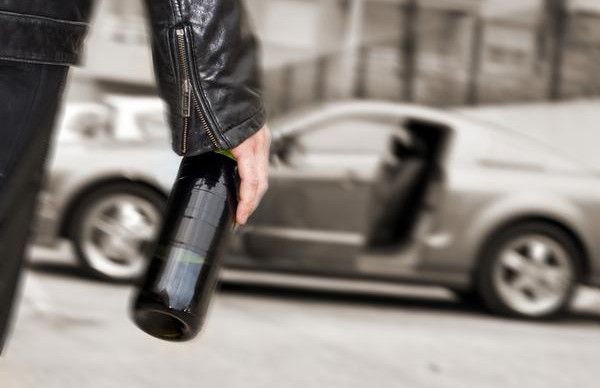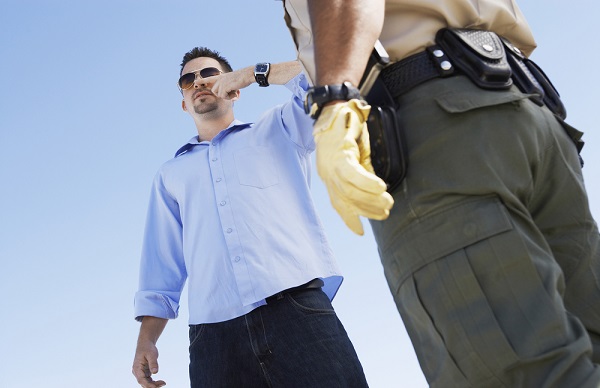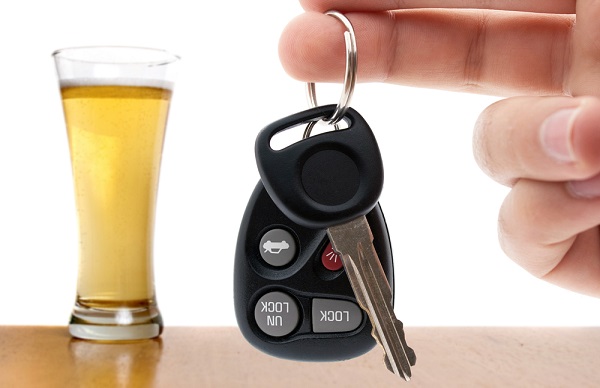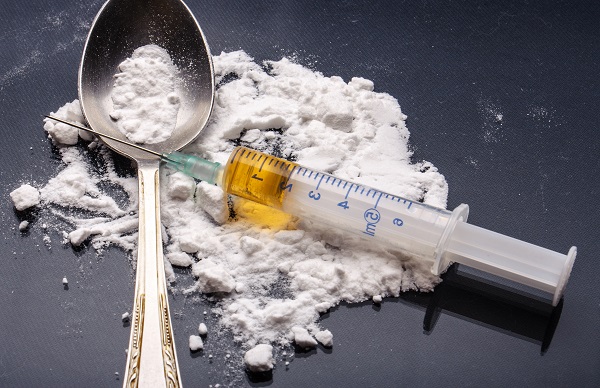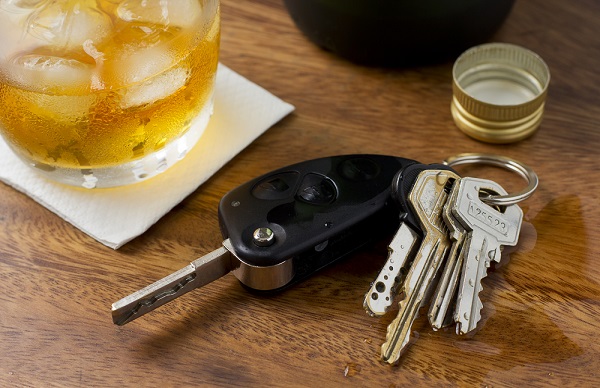When you’ve been charged with a DUI or a DWI, there are likely a lot of issues on your mind, and it’s important that your employment is one of them. There are some serious DWI consequences you could face. Many individuals recently charged with a DUI can find an already difficult job market even more unmanageable once they have this record, which will come up if your employer decides to run a background check on you.
Even if it doesn’t immediately disqualify you from a position, employers who have many candidates to choose from may be hesitant to give a chance to someone who has had a DWI in the past. How can you avoid this from happening to you? Here are a few nuggets of our best insight.
Type of Employment: Some positions are inherently more likely to be affected by a DWI conviction and related DUI consequences, including those that require background checks, such as working for the government, a school, law enforcement, medical professions, or others that interact regularly with the elderly, disabled, or young people. It will be additionally negative for those who require a commercial driver’s license on the job, as having that smear on your driving record could bar you from having those positions altogether.
Post-Conviction Relief: This is a program, also known as PCR, which can be used to lessen your sentence against future charges and can be very helpful when applying for a new position. While your permanent record is indeed permanent and a DUI cannot normally be expunged from it, there are some criteria that if met can help you to qualify for PCR and a partial amnesty when sentencing or moving forward with your employment. This is a great way to lessen your DWI consequences.
Traffic Violations: In New Jersey, a DUI is a traffic violation and is not an indictable crime or disorderly person’s offense. While this doesn’t seem like much when you’re still faced with hefty fines and possible jail time, this can make a huge difference in your hiring prospects. Traffic offenses are made by most people at one point in their driving careers, and having this type of record can be treated somewhat more understandably by your current or future employers. It is important, however, to work with an experience attorney to make sure that your case can be presented in the best possible light.
Seek Legal Counsel: With a case as serious for your employment as a potential DUI conviction, whether it is your first offense or a subsequent one, it is vital to work with an experienced attorney to sort out the facts. For a free consultation about the services I offer here at the Law Office of Robert DePersia, call me today at 856-795-9866: you’ll be glad you did.


